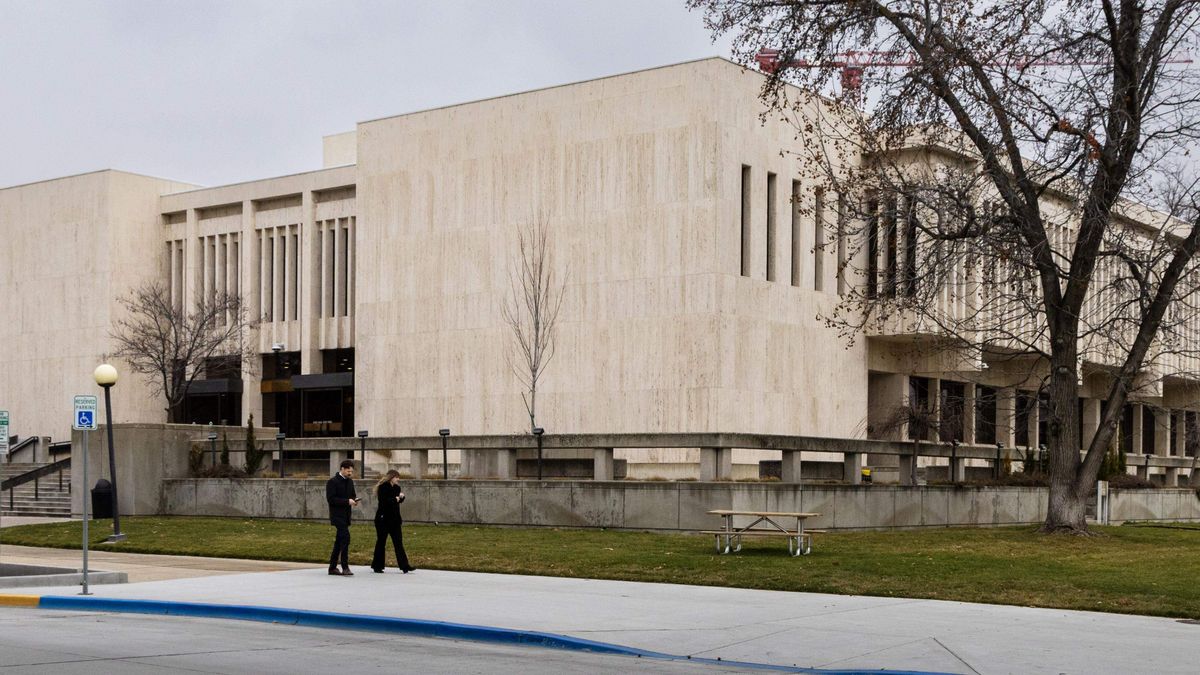The IRS and the Treasury Department said on Friday that nearly $1.3 billion in back taxes has been collected from wealthy taxpayers as part of a yearlong crackdown on rich tax cheats.
The update was provided this morning at the IRS’s campus in Austin, TX, where the Treasury Department patted the IRS on the back for its accomplishments since receiving funding from 2022’s Inflation Reduction Act.

“Between 2010 and 2018, the audit rate for millionaires fell by 80%. And during the previous administration, as audit rates on high-income taxpayers fell, the share of audits on taxpayers with incomes under $200,000 increased. In 2019, the top 1% of Americans was estimated to owe over one-fifth of unpaid taxes, leaving ordinary Americans to shoulder the burden,” Treasury Secretary Janet Yellen said on Sept. 6. “To fix this, we’ve channeled Inflation Reduction Act funding toward significant investments to combat tax evasion.”
Last February, the IRS launched an initiative to pursue 125,000 high-income, high-wealth taxpayers who had not filed taxes since 2017.
“These are cases where IRS has received third party information—such as through Forms W-2 and 1099s—indicating these people received income between $400,000 and $1 million or more than $1 million but failed to file a tax return,” the IRS said in a media release. “Prior to the Inflation Reduction Act, the IRS non-filer program ran sporadically since 2016 due to severe budget and staff limitations that did not allow these cases to be pursued. With new Inflation Reduction Act funding, the IRS now has the capacity to do this core tax administration work.”
The result: In the first six months of this initiative, approximately 21,000 wealthy taxpayers have filed, leading to $172 million in taxes being paid, according to the IRS.
Last fall, the IRS launched another initiative to pursue wealthy individuals who failed to pay recognized tax debt, with dozens of senior employees assigned to these cases.
“This work is concentrated on taxpayers with more than $1 million in income and more than $250,000 in recognized tax debt,” the agency said. “The IRS was previously unable to collect from these individuals due to a lack of resources. After successfully collecting $38 million from more than 175 high-income, high-wealth individuals last year, the IRS expanded this effort last fall to around 1,600 additional high-income, high-wealth individuals.”
The result: Nearly 80% of these 1,600 millionaires with delinquent tax debt have now made a payment, leading to more than $1.1 billion recovered, the IRS said. This is an additional $100 million since July when Treasury and the IRS said it had reached the $1 billion milestone.
Yellen also noted that the IRS has launched audits of 75 of the largest partnerships—from hedge funds to law firms—with average assets of $10 billion, is working to close a major tax loophole exploited by complex partnerships, has cracked down on the abuse of corporate jets for personal travel, and is now launching audits of the 60 largest corporate taxpayers, with average assets of $24 billion.
“These efforts matter. They are advancing fairness: It’s not right that everyday Americans pay taxes while struggling to make ends meet, but some of the wealthiest in this country have been able to evade payment,” she said. “Our successes also bolster our country’s economic strength. Treasury and IRS analysis shows that our investments in technology, data, and high-end enforcement, if extended as our administration has proposed, could generate $851 billion in additional revenue over the next decade. This is money our government needs to protect our national security, provide Social Security and health care, and invest in our nation’s infrastructure, among many other priorities.”
As of March 31, 2024, the IRS has spent $5.7 billion of the $57.8 billion it received in Inflation Reduction Act funds, according to the Treasury Inspector General for Tax Administration (TIGTA). That money has gone to tax enforcement, operations support, business system modernization, and taxpayer services, TIGTA said.
The Inflation Reduction Act of 2022 provided $79.4 billion in additional funding to the IRS over the next decade, with $45.6 billion slotted for enforcement activities. That $79.4 billion has since been slashed to $57.8 billion as a result of deals between the Biden administration and Republican lawmakers.
Thanks for reading CPA Practice Advisor!
Subscribe Already registered? Log In
Need more information? Read the FAQs




